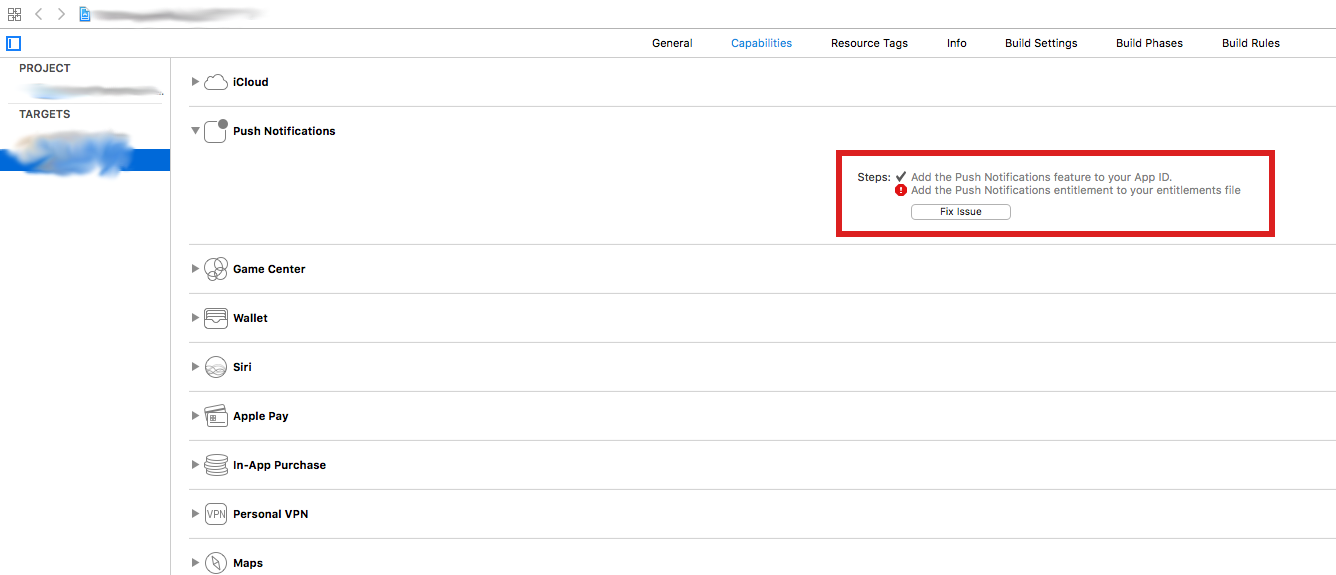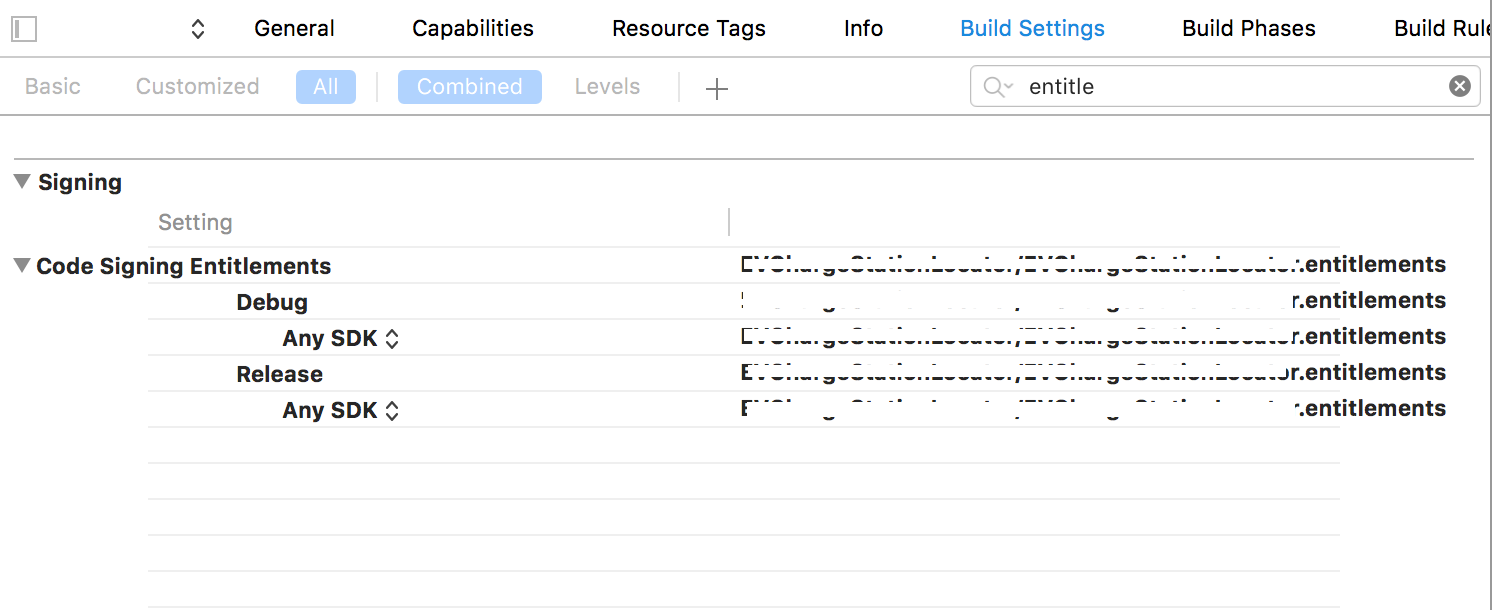I have an app for submission when it got rejected and I got the message
Missing Push Notification Entitlement - Your app appears to register with the Apple Push Notification service, but the app signature's entitlements do not include the "aps-environment" entitlement. If your app uses the Apple Push Notification service, make sure your App ID is enabled for Push Notification in the Provisioning Portal, and resubmit after signing your app with a Distribution provisioning profile that includes the "aps-environment" entitlement.
I checked my ad-hoc provisiong and there I found aps-environment and production however, when I open up my distribution provisioning, I don't find such.
Is this the cause of this error message and apple rejection, how can I fix it?





